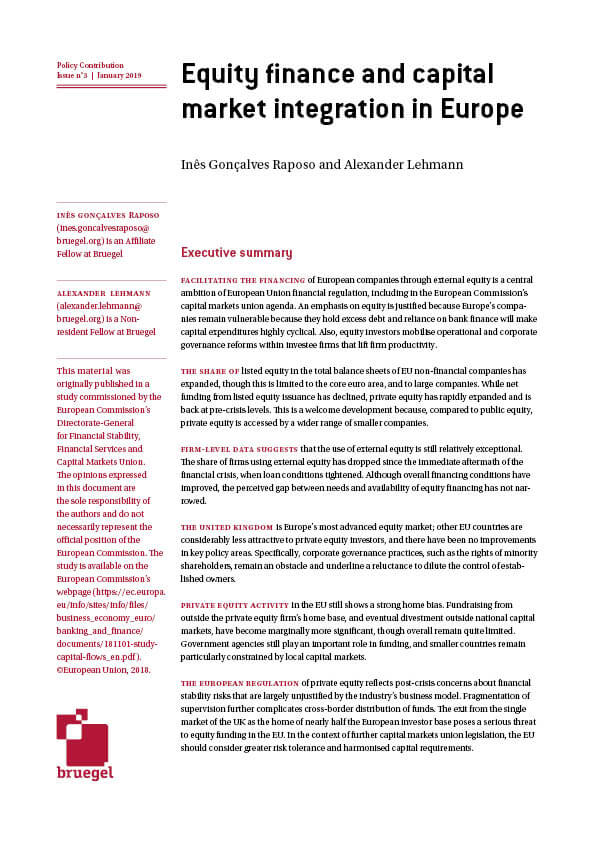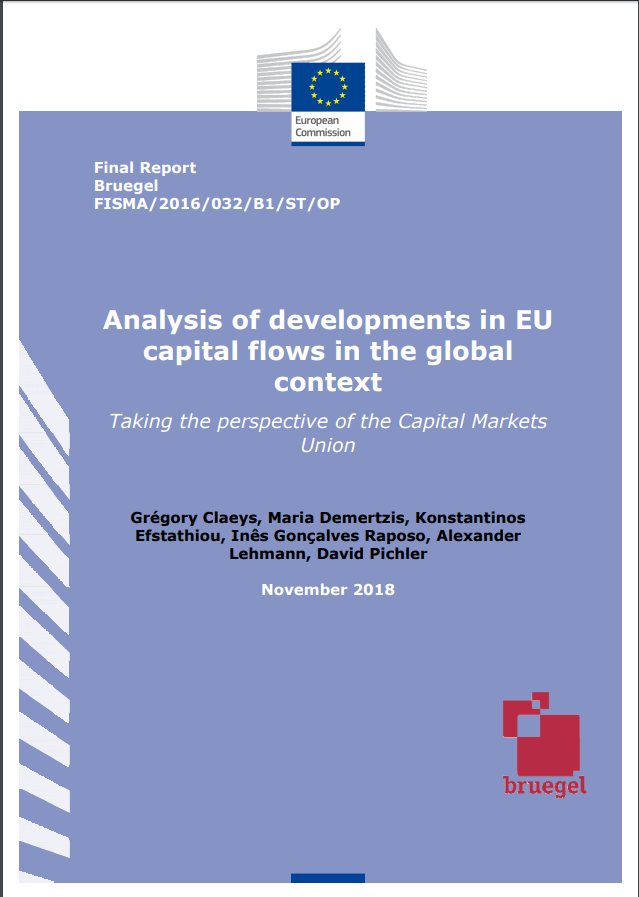Former scholars

Inês Goncalves Raposo
Former Affiliate Fellow
Expertise: Political economy, monetary and fiscal policy and applied macroeconomics Twitter: @inesgraposo
Inês Gonçalves Raposo is an Affiliate Fellow at Bruegel in the areas of European macroeconomics, governance, finance and financial regulation. Previously she worked for the Financial Stability Department of the Bank of Portugal. Inês holds a MSc in economics from Nova SBE with a major in Macroeconomics and Financial Markets and a BA in applied mathematics from the University of Lisbon.
Her research interests include political economy, monetary and fiscal policy and applied macroeconomics. She is a native Portuguese speaker and is fluent in English and French.


